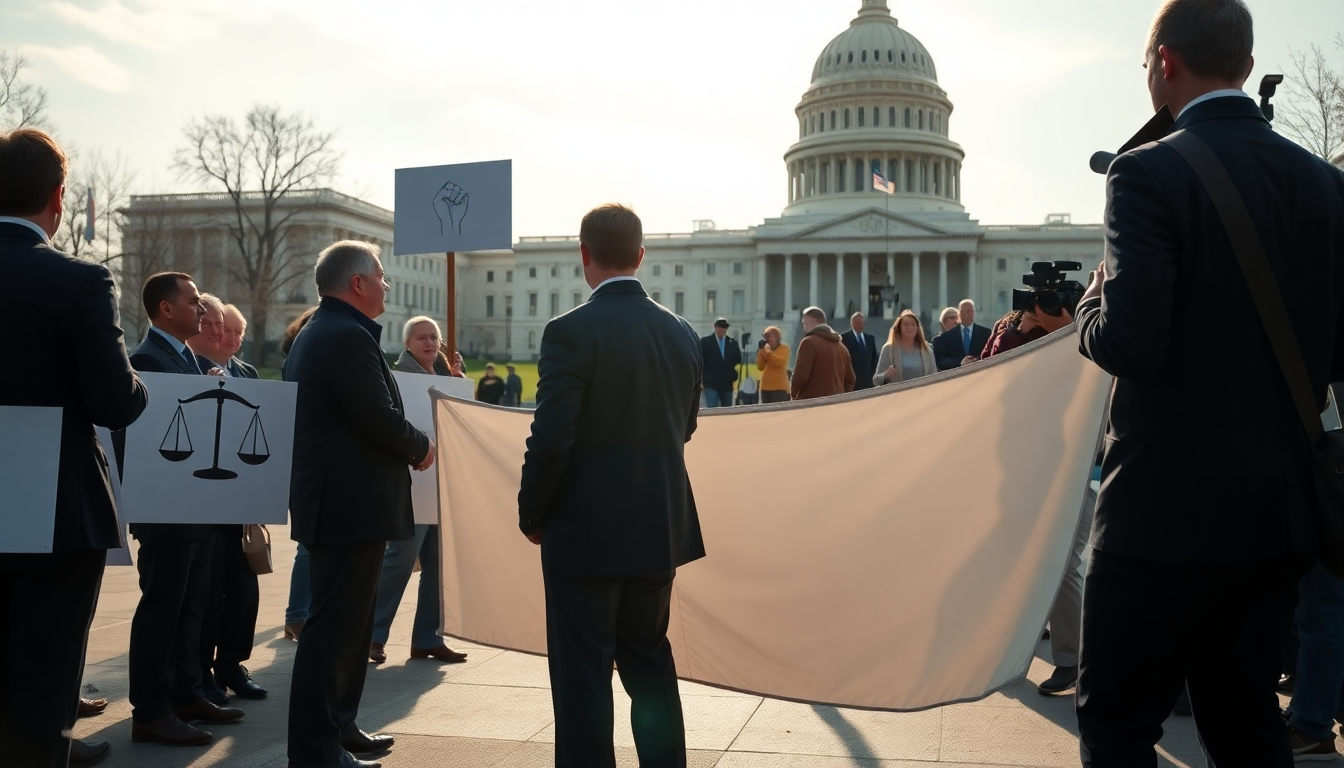Table of Contents
As Congress gets back to work, the spotlight is shining brightly on the controversial case of Jeffrey Epstein, the financier whose numerous allegations of sexual abuse have sparked outrage across the nation. Leading the charge for change are Democratic Representative Ro Khanna from California and Republican Representative Thomas Massie from Kentucky. Together, they’re pushing a bipartisan initiative aimed at compelling the Justice Department to finally release critical files that could shed light on Epstein’s notorious activities. Why is this important? Because it’s not just about uncovering the truth—it’s about giving a voice to the victims who have long been silenced.
Congressional Action and Victim Advocacy
The momentum is building for the release of Epstein’s files, with Khanna and Massie gearing up for a significant news conference featuring ten brave victims ready to share their stories. Khanna believes that these powerful narratives could ignite public outrage, stating that these voices have remained unheard for far too long. In a recent interview, he emphasized the urgent need for transparency in how the Justice Department has dealt with the Epstein case, especially concerning the leniency of Epstein’s previous plea deal.
“When the American public hears these victims’ narratives, there will be a palpable shift in sentiment,” Khanna asserted. He added, “These victims haven’t spoken for decades. It’s crucial that their voices are finally heard.” This emphasis on victim advocacy highlights a greater societal need for justice in cases of abuse, particularly when the perpetrators wield significant power and influence.
Accountability for the Powerful
Khanna’s concerns don’t stop at Epstein. He points to a troubling trend where many other powerful figures—think politicians and business moguls—have managed to evade accountability for their abusive actions. “There are a lot of other rich, powerful men who have committed abuse and who have not been held accountable,” he stated. Isn’t it time we hold everyone to the same standard, regardless of their social status?
As the Epstein saga unfolds, the looming question remains: who else might have been involved in his alleged crimes? The recent decision by the Justice Department and FBI to wrap up their investigation without substantiating claims of an Epstein client list has only fueled public frustration. Many were left hoping for significant revelations, and the lack of transparency in this high-profile case raises serious concerns about how such investigations are handled.
Bipartisan Support and Future Outlook
Despite the divisive political climate, Khanna and Massie are hopeful about rallying support for their discharge petition, which requires a simple majority to pass. With a coalition of 212 Democrats and 12 Republicans—including some unexpected allies—they believe they can pull together the necessary votes to advance this critical initiative. Khanna made it clear: “This is not about Donald Trump; this is about justice for the victims.”
The call for transparency and accountability in the Epstein case is more than just a legal issue; it symbolizes a larger societal movement towards justice for those wronged by powerful individuals. As more voices join the chorus demanding answers, there’s hope that the victims will finally be heard, paving the way for meaningful changes in how cases of abuse are addressed in the future.


